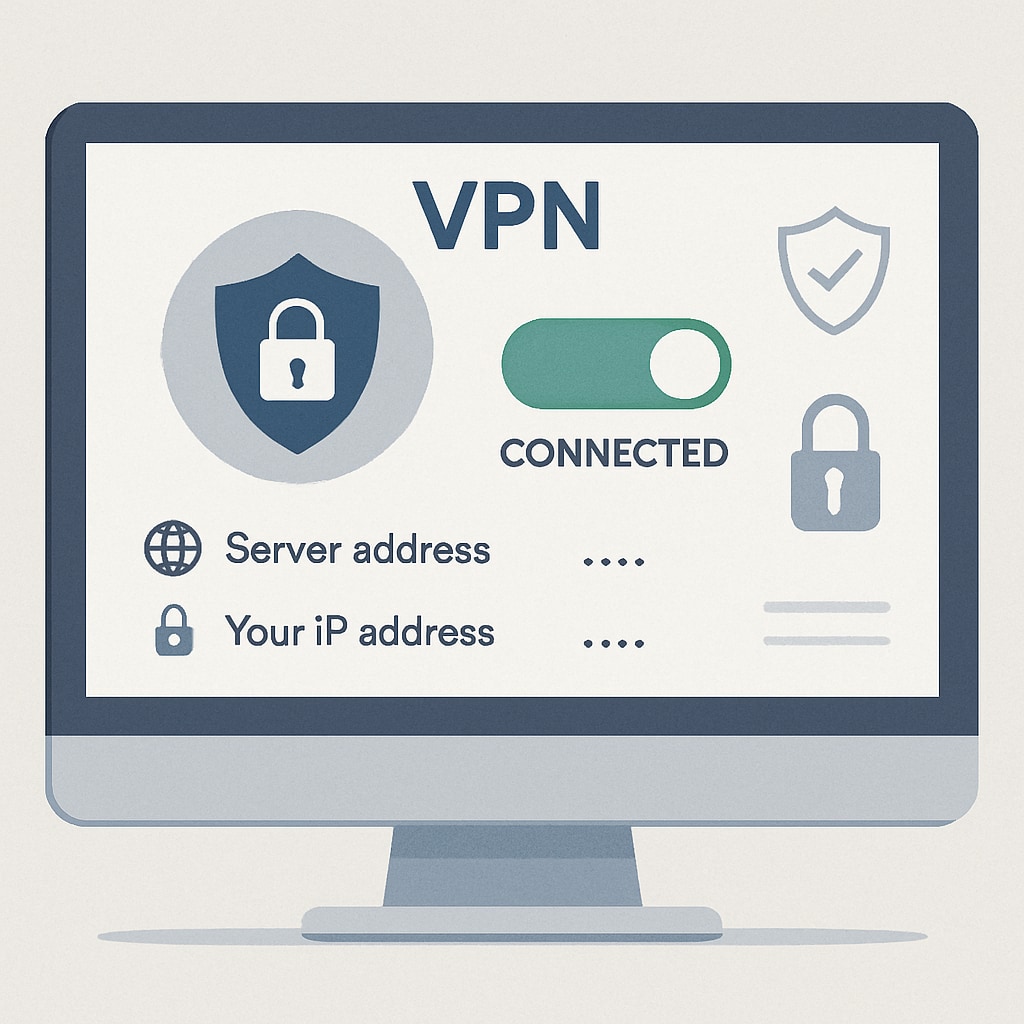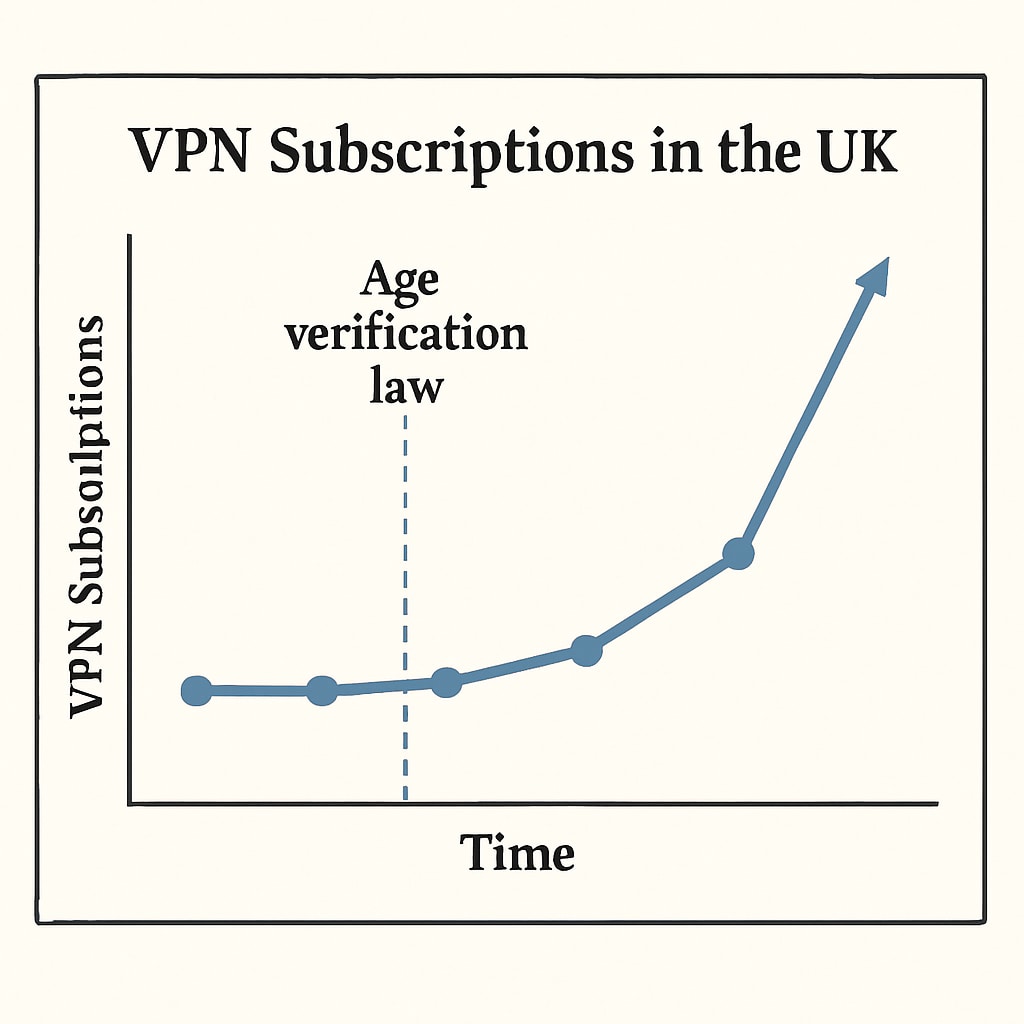The UK’s newly enforced age verification law, aimed at regulating access to adult content online, has triggered an unexpected surge in VPN usage across the nation. This legislation, designed to protect minors, requires users to prove their age before accessing certain websites. However, many individuals are turning to virtual private networks (VPNs) to bypass these restrictions, raising questions about privacy, digital security, and the effectiveness of the law.

Understanding the Age Verification Law and Its Intent
The age verification law was introduced as part of the UK’s Online Safety Bill, which aims to create a safer digital environment for younger audiences. Websites hosting adult content are now obligated to implement stringent measures to ensure visitors are of legal age. These measures often include providing proof of identity, such as a driver’s license or passport.
While the policy’s intent is commendable, the implementation has sparked controversy. Critics argue that handing over sensitive personal information to websites poses significant privacy risks. Additionally, some users see the law as an infringement on their digital freedom, prompting them to explore alternative methods to access restricted content.
Why VPN Usage Is on the Rise
VPNs have emerged as a popular solution for those seeking to bypass the age verification process. A VPN (Virtual Private Network) is a tool that encrypts internet traffic and masks a user’s IP address, allowing them to appear as if they are accessing the internet from another country. By rerouting their connection through servers located in regions without such restrictions, users can circumvent the verification requirements entirely.
The surge in VPN adoption reflects broader concerns about data privacy and government oversight. According to Wikipedia’s overview of VPNs, these tools are increasingly used to maintain anonymity online, especially in regions with restrictive internet laws. As a result, VPN providers have reported a significant uptick in subscriptions since the law’s enforcement.

The Implications of Increased VPN Usage
The widespread use of VPNs raises several important questions about the balance between safety and privacy. On one hand, these tools empower individuals to protect their personal information and access content freely. On the other hand, they can undermine the effectiveness of regulations designed to safeguard minors.
Moreover, increased VPN usage highlights a growing distrust in government-led initiatives to regulate online spaces. Many citizens fear that such laws could pave the way for broader surveillance and control, eroding personal freedoms. According to Britannica’s insights on internet privacy, concerns about data misuse are shaping global attitudes toward digital regulation.
What This Trend Means for the Future
The rise in VPN usage in response to the UK’s age verification law demonstrates the complexities of regulating the internet. While the law aims to protect vulnerable groups, its unintended consequences reveal the challenges of balancing safety with privacy and freedom.
As VPNs become more mainstream, governments may need to rethink their approach to online regulation. Collaborative efforts involving tech companies, privacy advocates, and policymakers could lead to more effective solutions that address concerns on all sides. Until then, tools like VPNs will likely continue to play a significant role in shaping how individuals navigate the digital landscape.
Readability guidance: Short paragraphs and lists summarize key points for clarity. Overuse of passive voice is avoided, and transitions such as “however,” “therefore,” and “for example” ensure smooth reading flow.


